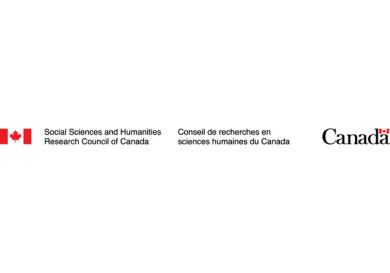Our vision for this conference came from concern about a lack of data about Canadians’ Internet use, preferences and comfort levels. We learned that the concern was misplaced. Some data exists but is siloed and inaccessible to most researchers because of institutional and communication barriers. Despite this lack of consistent data, our motivated and active governments at all levels, civil society groups and private sector actors are working to develop new tools and practices. Along with researchers at universities and think tanks across the country, pockets of robust civil society and government departments have dedicated themselves to help solve problems and develop strong policies which are responsive to the needs of Canadians and Canada.
Yet, it remained overdue for our community to come together to reflect and ask questions like: What research and what methods of inquiry have been the most successful at creating positive change? What do we need to know about Canadians to encourage the use of new digital tools which range from social media to digital government services? What aspects of digital life are we forgetting about in our work? How can we, as academics, policy makers, or members of civil society work together to create stronger digital policies in Canada?
With these questions as a springboard, participants at Connected Canada dove deep into what we know and what we don’t know about Canadian Internet use, comfort and needs. Throughout Connected Canada, we heard many suggestions for expanding research in this area, which we present in this report.
It is important, however, to remember who we did not hear from at the conference. Our application process was designed to encourage a diversity of representation from individuals across Canada working in a variety of organizations, positions, and levels of seniority. We sought to help alleviate barriers to attending by offering funding for travel-related expenses. Despite our efforts to engage a diversity of voices, our meeting lacked significant input from indigenous peoples, visible minorities, and people from Ontario were over represented. As a result, we recognize that these findings are limited and do not capture the full breadth of possible perspectives. We look forward to further opportunities to connect with diverse groups as we continue to collaborate on this project with you.
The report is also available in French.



